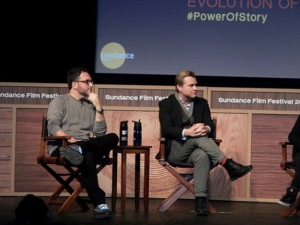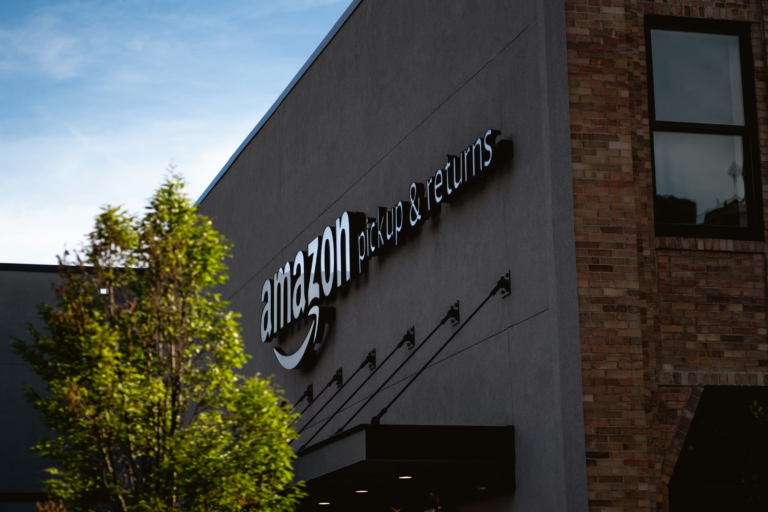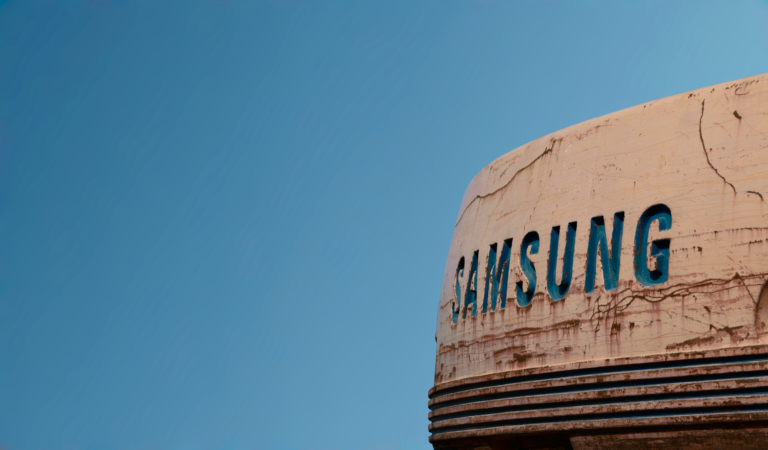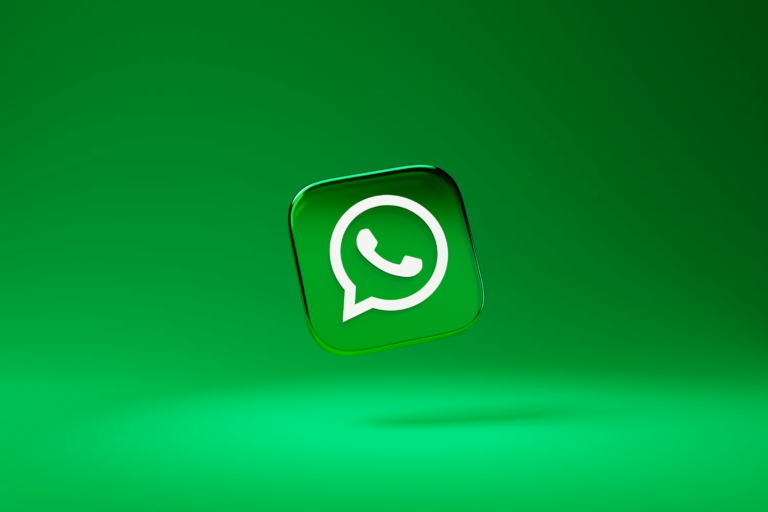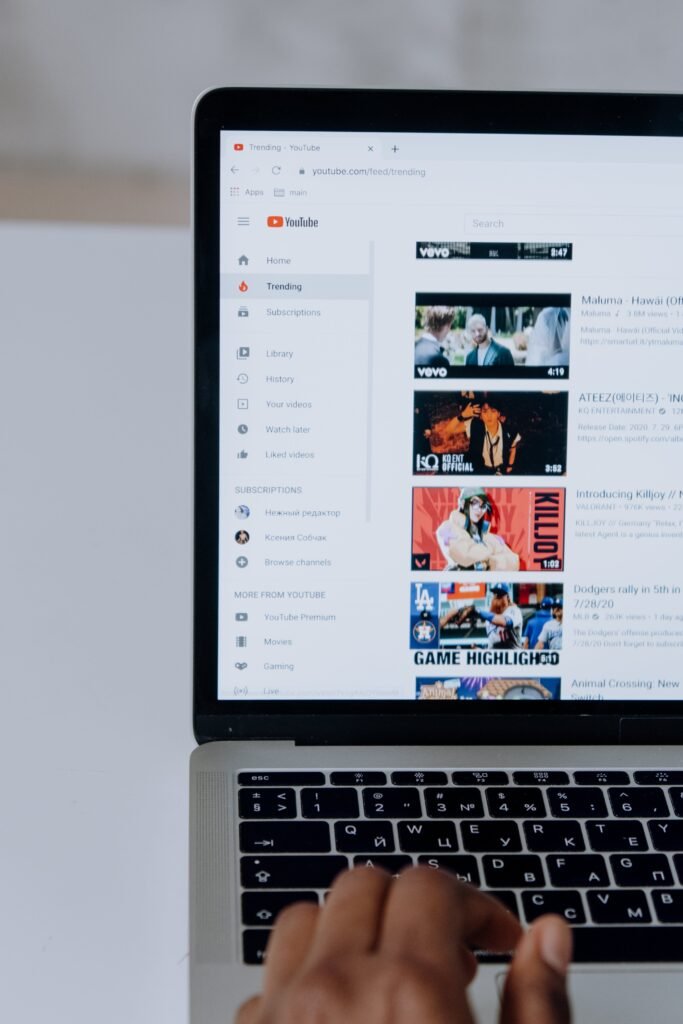
YouTube is set to introduce stringent rules governing the use of artificial intelligence (AI) in content creation, with a particular focus on generative AI. Creators on the platform will now be required to disclose whether they have employed generative AI tools to produce videos that appear altered or synthetic.
In a recent blog post, YouTube outlined a series of policy updates related to AI, emphasizing the need for transparency. Creators who fail to disclose their use of AI tools may face penalties, ranging from content removal to suspension from the platform’s revenue-sharing program.
Jennifer Flannery O’Connor and Emily Moxley, Vice Presidents for Product Management at YouTube, highlighted the potential of generative AI to enhance creativity on the platform. However, they emphasized the importance of balancing these opportunities with a responsibility to safeguard the YouTube community.
These new regulations build upon rules introduced by YouTube’s parent company, Google, in September, which mandated a prominent warning label for political ads on YouTube and other Google platforms that utilize AI. The upcoming changes, scheduled to be implemented next year, will provide YouTubers with options to specify when they are posting AI-generated content that realistically depicts events that never occurred or portrays individuals saying or doing things they did not actually do.
The significance of these disclosure requirements is particularly highlighted when the content discusses sensitive topics such as elections, ongoing conflicts, public health crises, or public officials, according to O’Connor and Moxley.
To enhance user awareness, YouTube will introduce labels on altered videos, including prominent indicators on the video player for content discussing sensitive topics. Additionally, the platform will leverage AI to identify and remove content that violates its rules, with the technology proving effective in detecting “novel forms of abuse” swiftly.
YouTube’s privacy complaint process will also see updates, allowing users to request the removal of AI-generated videos that simulate identifiable persons, including their faces or voices. Furthermore, YouTube music partners, such as record labels and distributors, will have the ability to request the takedown of AI-generated music content that imitates an artist’s unique singing or rapping voice.




